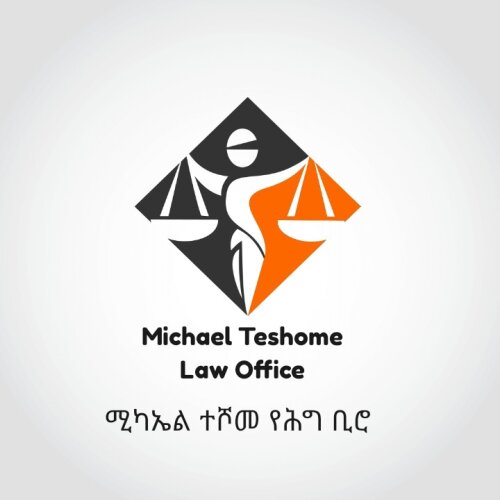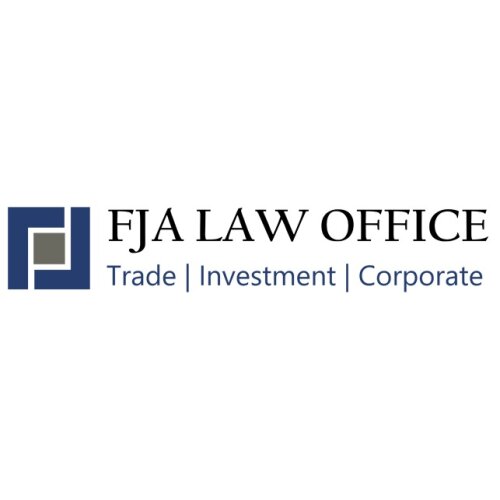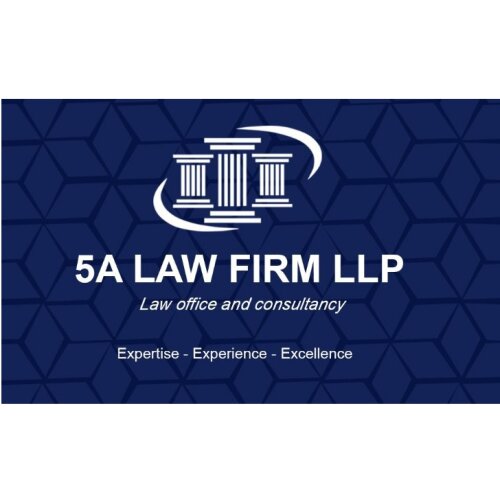Best Nonprofit & Charitable Organizations Lawyers in Addis Ababa
Share your needs with us, get contacted by law firms.
Free. Takes 2 min.
List of the best lawyers in Addis Ababa, Ethiopia
About Nonprofit & Charitable Organizations Law in Addis Ababa, Ethiopia
Nonprofit and charitable organizations play a crucial role in Addis Ababa's socio-economic landscape. These entities are typically established to serve public or social interests, and they operate under the legal framework set out by the Ethiopian government. Recent years have seen a growth in both local and international nonprofits in the region, which highlights the increasing need for understanding the legal landscape they operate within. The legal framework is primarily governed by the Agency for Civil Society Organizations (ACSO), which oversees the registration, operation, and regulation of these entities.
Why You May Need a Lawyer
Establishing and managing a nonprofit or charitable organization involves navigating various legal requirements and obligations. Here are some common situations where legal assistance might be necessary:
- Incorporation and Registration: Understanding legal requirements for incorporating and registering a nonprofit.
- Compliance: Ensuring your organization complies with laws and regulations to avoid penalties.
- Governance Issues: Crafting bylaws and governance structures that align with legal standards.
- Taxation: Navigating tax exemptions and obligations specific to nonprofits.
- Contractual Agreements: Drafting partnerships and funding agreements that safeguard the organization's interests.
- Dispute Resolution: Handling conflicts within the organization or with third parties.
Local Laws Overview
Addis Ababa's legal framework for nonprofits is governed by the Civil Societies Proclamation (Proclamation No. 1113/2019). Key aspects pertinent to nonprofits include:
- Registration: Every nonprofit must register with ACSO to legally operate within Ethiopia.
- Structure: Organizations should have a clear governance structure, including a board of directors.
- Reporting: There are mandatory financial and activity reporting obligations designed to ensure transparency and accountability.
- Funding: Laws regulating foreign funding and how it must be managed are strict to ensure against misuse.
- Permitted Activities: The law outlines specific activities that are permissible for nonprofits, aligning with public and social welfare.
Frequently Asked Questions
What is the process for registering a nonprofit in Addis Ababa?
To register a nonprofit, you must submit an application to the ACSO, including required documents such as the organization's memorandum of association, proposed bylaws, and details of founding members.
Are there tax exemptions for nonprofits in Ethiopia?
Yes, registered nonprofits may qualify for some tax exemptions, but they must apply and meet specific criteria set out by the Ethiopian Revenue and Customs Authority.
Can a foreign national establish a nonprofit in Addis Ababa?
Yes, but the organization must meet the criteria and obtain approval from ACSO, especially concerning foreign funding and cross-border activities.
What obligations does a nonprofit have regarding financial reporting?
Nonprofits must maintain accurate financial records, submit periodic financial reports, and undergo audits as mandated by the ACSO.
How often does a nonprofit need to renew its registration?
Registrations generally need renewal every three years, subject to the fulfillment of reporting and operational criteria.
Can a nonprofit engage in commercial activities?
Yes, but only if these activities are supplementary and not the primary purpose, with proceeds directed back into the organization's primary objectives.
What are the consequences of non-compliance with local laws?
Non-compliance can result in penalties, suspension of operations, or dissolution of the nonprofit by the authorities.
How are nonprofit bylaws created?
Bylaws are drafted during the establishment of the organization, detailing governance structures, member roles, and operational guidelines. Legal advice is recommended to ensure compliance.
Are there restrictions on fundraising activities?
Yes, especially related to foreign contributions, which must adhere to specific legal conditions and transparency obligations.
What legal entity forms can a nonprofit take in Addis Ababa?
Nonprofits may form as associations, foundations, or charitable trusts, depending on their nature and objectives, with each having specific registration requirements.
Additional Resources
If you are seeking further information or assistance, consider reaching out to the following resources:
- Agency for Civil Society Organizations (ACSO): The primary regulatory body for nonprofits in Ethiopia.
- Ministry of Justice, Ethiopia: Provides guidance on legal requirements and enforcement.
- The Ethiopian Revenue and Customs Authority: Offers resources on tax obligations for nonprofits.
- The Consortium of Christian Relief and Development Associations (CCRDA): An association that provides support and networking opportunities for NGOs.
Next Steps
If you need legal assistance regarding your nonprofit or charitable organization in Addis Ababa, consider the following steps:
- Consult with a lawyer specialized in nonprofit law to understand local requirements.
- Gather all necessary documents and information related to your organization.
- Reach out to relevant governmental bodies for guidance on compliance and registration processes.
- Engage with local nonprofit networks and associations for support and networking opportunities.
Taking proactive legal steps can ensure your organization's operations align with local laws, enabling you to focus on achieving your mission effectively.
Lawzana helps you find the best lawyers and law firms in Addis Ababa through a curated and pre-screened list of qualified legal professionals. Our platform offers rankings and detailed profiles of attorneys and law firms, allowing you to compare based on practice areas, including Nonprofit & Charitable Organizations, experience, and client feedback.
Each profile includes a description of the firm's areas of practice, client reviews, team members and partners, year of establishment, spoken languages, office locations, contact information, social media presence, and any published articles or resources. Most firms on our platform speak English and are experienced in both local and international legal matters.
Get a quote from top-rated law firms in Addis Ababa, Ethiopia — quickly, securely, and without unnecessary hassle.
Disclaimer:
The information provided on this page is for general informational purposes only and does not constitute legal advice. While we strive to ensure the accuracy and relevance of the content, legal information may change over time, and interpretations of the law can vary. You should always consult with a qualified legal professional for advice specific to your situation.
We disclaim all liability for actions taken or not taken based on the content of this page. If you believe any information is incorrect or outdated, please contact us, and we will review and update it where appropriate.

















